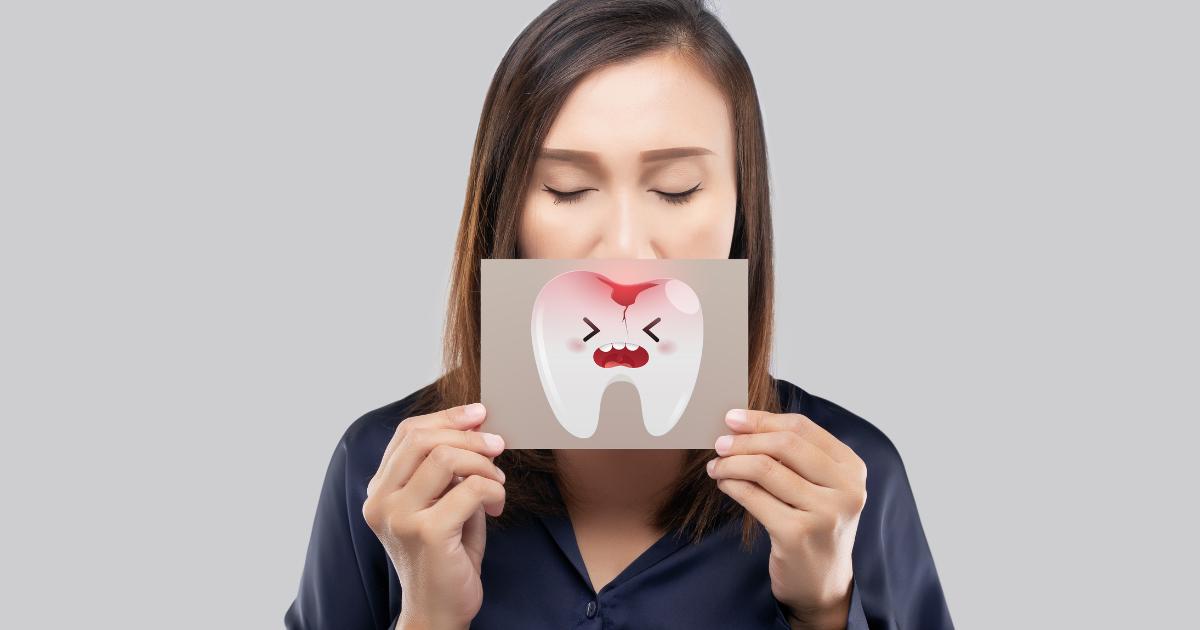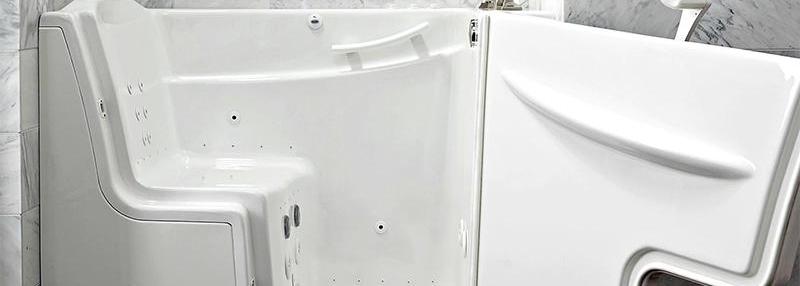Have you ever cringed while sipping a hot cup of coffee or biting into a cold scoop of ice cream? If so, you’re not alone. Tooth sensitivity affects millions of people and can turn simple pleasures into uncomfortable ordeals. The good news? Understanding the causes of sensitive teeth and taking proactive steps can make all the difference in managing the pain and preventing future discomfort.
Advertisement
What Causes Sensitive Teeth?
Tooth sensitivity occurs when the protective layer of enamel is worn down or when gums recede, exposing the dentin beneath. Dentin contains tiny tubules that lead to the tooth’s nerve center, and when exposed, these tubules transmit sensations of heat, cold, or acidity straight to your nerves.
Several factors can contribute to this condition:
- Aggressive Brushing: Brushing too hard or using a toothbrush with stiff bristles can wear away enamel over time.
- Acidic Diets: Frequent consumption of citrus fruits, soda, or other acidic foods and drinks can erode enamel.
- Teeth Grinding: Grinding your teeth (bruxism) weakens enamel, making teeth more prone to sensitivity.
- Gum Recession: Conditions like gum disease or improper brushing techniques can cause gums to pull back, exposing the root surfaces of your teeth.
- Tooth Decay or Damage: Cavities, cracks, or worn fillings can expose the dentin and lead to sensitivity.
Understanding these causes is the first step in addressing tooth sensitivity effectively.

How Can I Avoid Sensitive Teeth?
Prevention is key when it comes to tooth sensitivity. Here are some strategies to reduce your risk:
- Adopt a Gentle Brushing Technique: Use a soft-bristled toothbrush and brush in gentle circular motions rather than aggressive back-and-forth strokes.
- Choose the Right Toothpaste: Opt for fluoride toothpaste designed for sensitive teeth, which can help strengthen enamel and block exposed tubules.
- Limit Acidic Foods and Drinks: Reducing your intake of acidic items like soda, wine, and citrus fruits can minimize enamel erosion. When you do consume these, rinse your mouth with water afterward.
- Wear a Mouthguard: If you grind your teeth at night, a custom-fitted mouthguard can protect your enamel from further damage.
- Stay Consistent with Dental Checkups: Regular dental visits can catch issues like cavities or gum disease before they worsen.
By making these changes, you can protect your teeth and significantly reduce your chances of developing sensitivity.
Advertisement
Tips for Managing Tooth Sensitivity
If you already experience sensitive teeth, don’t worry—there are effective solutions to help ease the discomfort.
- Switch to Desensitizing Toothpaste: These specially formulated toothpastes contain compounds like potassium nitrate, which block nerve signals in the teeth, reducing sensitivity over time.
- Fluoride Treatments: Your dentist can apply a fluoride gel or varnish to strengthen enamel and protect exposed areas.
- Dental Sealants: In severe cases, sealants can be applied to cover exposed dentin and prevent nerve stimulation.
- Avoid Extreme Temperatures: Stick to lukewarm beverages and foods, as extreme heat or cold can exacerbate sensitivity.
- Rinse with Salt Water: A warm saltwater rinse can soothe irritated gums and reduce sensitivity temporarily.
By combining these tips with a consistent oral hygiene routine, you can manage tooth sensitivity and enjoy your favorite foods and drinks again.

When to See a Dentist
Sometimes, sensitivity can signal a more serious underlying issue, such as tooth decay, a cracked tooth, or gum disease. If your sensitivity persists despite at-home remedies or worsens over time, it’s important to consult a dentist. Professional treatments, like bonding or gum grafts, may be necessary to address the root cause.
Your dentist can also recommend in-office treatments like fluoride varnishes or laser therapy to desensitize affected teeth. Early intervention can prevent further damage and save you from prolonged discomfort.
Advertisement
Final Thoughts
Tooth sensitivity can be frustrating, but it’s not something you have to live with indefinitely. By understanding the causes, adopting preventive measures, and implementing practical solutions, you can manage and even eliminate the discomfort. Regular dental checkups and professional advice are invaluable in keeping your teeth strong and healthy.
Remember, your smile is one of your most valuable assets—taking care of it is well worth the effort. Whether it’s avoiding acidic foods, using desensitizing toothpaste, or consulting your dentist, every step you take brings you closer to a pain-free, confident smile.
References
- American Dental Association. “Causes and Prevention of Tooth Sensitivity.” Accessed December 13, 2024. https://www.ada.org.
- Mayo Clinic. “Tooth Sensitivity: Causes and Treatment.” Accessed December 13, 2024. https://www.mayoclinic.org.
- WebMD. “What Causes Sensitive Teeth?” Accessed December 13, 2024. https://www.webmd.com.
- Healthline. “How to Relieve Sensitive Teeth.” Accessed December 13, 2024. https://www.healthline.com.


